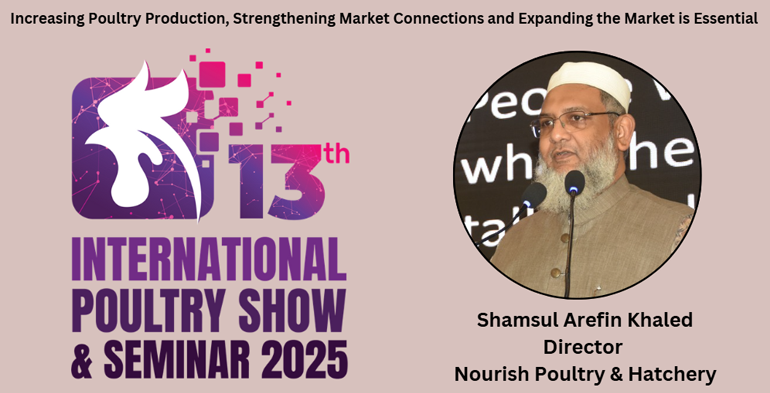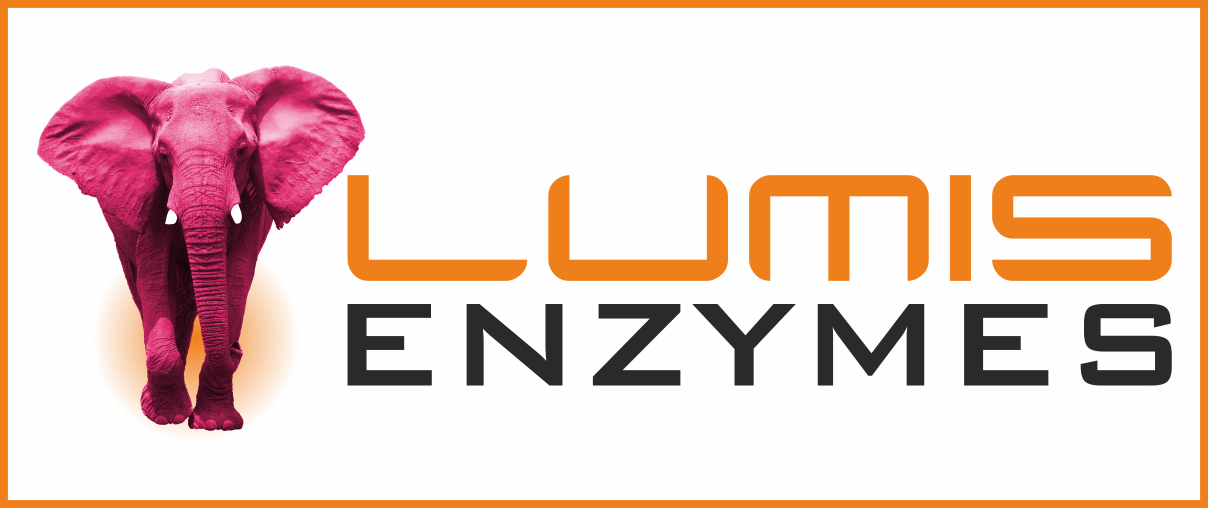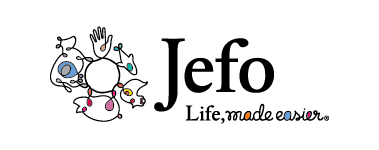
Capital Correspondent: To boost the production of safe poultry products, strengthen market connections, expand markets, and create an effective business environment for the poultry sector, various initiatives need to be accelerated. This requires effective government intervention. For a long time, rural populations in Bangladesh have raised indigenous chickens in their backyards. In the late 1980s and early 1990s, some entrepreneurs took the bold step of introducing modern technology-based layer and broiler chicken farming. Gradually, this transformed into an industry. Therefore, to make this sector sustainable, policymakers must coordinate to support poultry entrepreneurs.
Rural poultry farmers generate income and receive nutritional support from this sector. A majority of the workforce in these marginal farms consists of women. Small and medium-scale farmers are connected at the grassroots level. If we can enhance the capacity of all tiers, rural economies will be revitalized.
In a brief interview with AgriLife on the occasion of "13th International Poultry Show" Mr. Shamsul Arefin Khaled, President of BPICC and Director of Nourish Poultry & Hatchery, shared these insights as a poultry professional. The exhibition is jointly organized by the World’s Poultry Science Association-Bangladesh Branch and the Bangladesh Poultry Industries Central Council (BPICC).
Under the slogan "Sustainable Poultry for Emerging Bangladesh," the 13th International Poultry Show will be held on February 20, 21, and 22 at the International Trade Fairgrounds in Purbachal. Prior to this, an international technical seminar will take place on February 18-19 at the Radisson Blu in the capital.
Mr. Shamsul Arefin Khaled stated that the poultry market in Bangladesh still relies heavily on the domestic market, which is a positive aspect as most entrepreneurs are local. Their bold investments have eliminated the need to import chickens and eggs. However, he expressed concerns about occasional egg imports from neighboring countries, which he believes are not practical for various reasons.
Short-term market equilibrium can be adjusted through various measures, but the most sustainable solution lies in fostering an environment for investment and market growth. Importing eggs is not a viable solution, as it undermines local production. With 80% of egg producers being rural marginal farmers, policies should focus on their sustainability and empowerment, not their elimination.
There are significant concerns regarding imported eggs, particularly regarding their production methods and safety standards. Questions remain about whether these eggs are produced using halal practices and AGP (Antibiotic Growth Promoter)-free feed, which are critical considerations for local consumers. Additionally, the risk of disease transmission through imports poses a serious threat to biosecurity and the health of the domestic poultry industry. Sustainable policies should prioritize local production while ensuring food safety and industry resilience.
During the three-day 13th International Poultry Show, stakeholders from all levels of the poultry sector will gather to learn about innovative technologies. Mr. Khaled believes that the general public will also attend the event to gain insights into the modernization of the country's poultry industry.
























